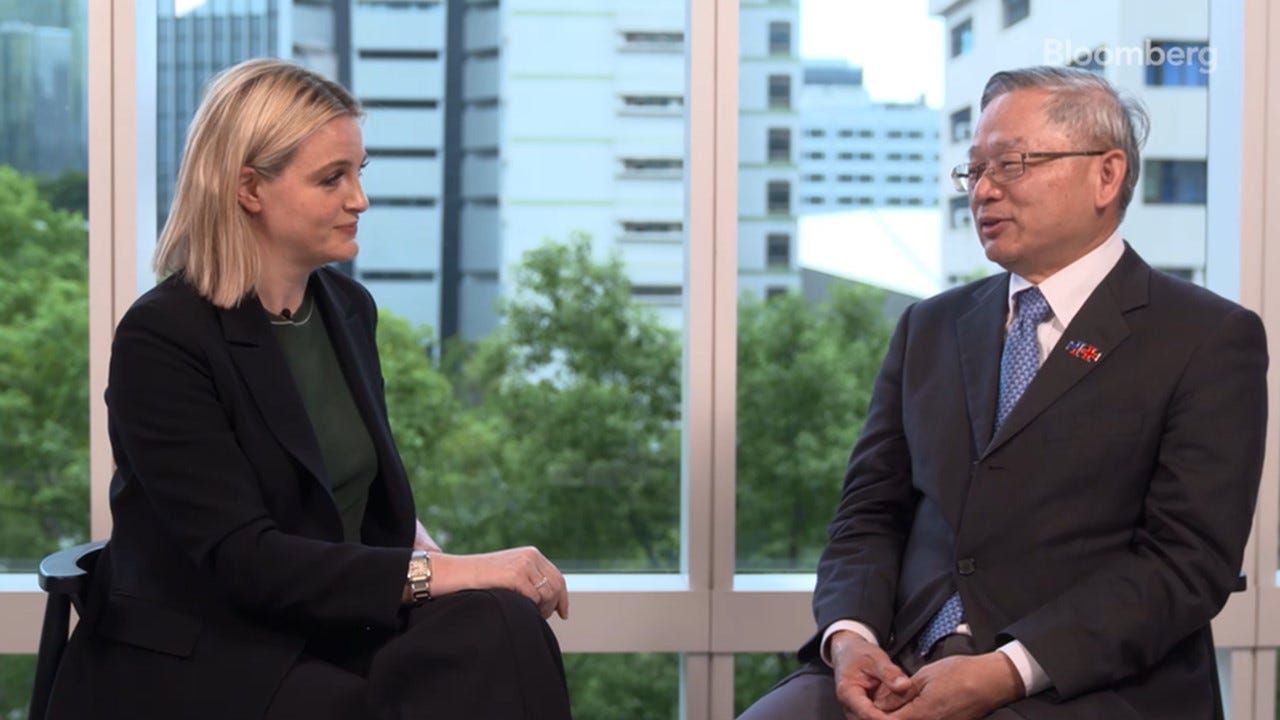Is TSMC considering building advance chip fab in Dresden?
In a recent interview with Bloomberg TV, Cheng-wen Wu, Taiwan's Minister of National Science and Technology Council, shared critical insights regarding Taiwan Semiconductor Manufacturing Company (TSMC) and its measured approach to global expansion.
Wu revealed that TSMC is planning future fabs in Dresden to serve different sectors with a significant emphasis on the burgeoning artificial intelligence (AI) domain, after studying the construction process of its initial fab in Dresden.
Since chips for AI are manufactured by advanced node processes, but TSMC’s joint venture in Europe, ESMC, is aimed to produce chips for automotive sectors, Wu’s remark implies TSMC is planning to build advanced node chips in its second fab in Europe. Since Intel has decided to delay the construction of its fabs in Germany for two years, such a move may be good news to the European Union, which aims to secure semiconductor resilience by announcing its own CHIPS Act.
According to Wu, the importance of determining the ideal location for TSMC's next fabrication plant (fab) cannot be overstated. Wu indicated that while TSMC is exploring new market opportunities, the company is unlikely to pursue rapid expansion without thorough market analysis.
However, the decision on whether to remain anchored in Dresden or to pursue opportunities throughout the European Union will be contingent on a careful evaluation of market potential, said Wu.
"Many countries are actively inviting TSMC to invest, and while it's clear that TSMC may be considering various locations, the decision must reflect the successful model established in Taiwan's Science Park,” Wu explained. This model relies on strong collaborations among academia, government, and industry to create a sustainable operational ecosystem.
Minister Wu elaborated on the government's role in supporting TSMC's international endeavors, stating, "It’s not just about attracting a single company. Success hinges on developing an ecosystem where TSMC can thrive—and that requires more than just one fab." His insights emphasize that a comprehensive ecosystem is essential for the semiconductor giant’s longevity and effectiveness outside of Taiwan.
During the conversation, Wu also noted that when advising foreign governments, TSMC brings along a list of companies prepared to relocate, though this list can vary in length. "If the list is short, we can invite local companies. Historically, nations like the United States, Japan, and Germany have had strong semiconductor industries, making it easier for these countries to build the necessary connections," he stated.
According to Cheng-Wen Wu, the Taiwanese government is considering supporting TSMC's suppliers to invest in the Czech Republic close to Dresden. He said he is also actively promoting joint R&D programs between Taiwanese and Czech academics.
Taiwan’s Economic Daily reports that the Czech Republic has continued to strengthen trade and informal ties with Taipei, with a number of Taiwanese officials, including Wu, visiting the Czech Republic over the past year. Former President Tsai Ing-wen also made the Czech Republic the first stop on her European tour.
In addition, Wu said that regardless of the outcome of the U.S. presidential election in November, he expects Taiwan's chip industry to face further pressure to expand in the United States. To date, TSMC has committed more than $65 billion to build three plants in Arizona.
TSMC started construction of a EUR10 billion (US$10.9 billion) fab in Dresden, Germany, in August this year, with half of the funds subsidized by the government, and production is expected to begin by the end of 2027.



